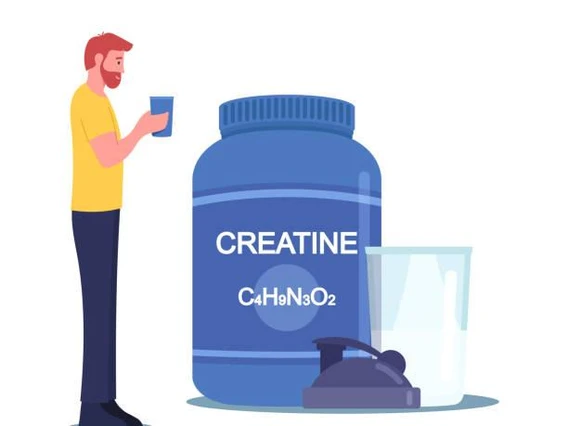What Are Benefits of Swimming?
Swimming is a versatile and full-body workout that offers numerous physical and mental health

benefits.
Here are some of the key advantages of swimming:
1. Cardiovascular Fitness:
- Swimming is an excellent cardiovascular exercise that helps improve heart and lung health. It increases circulation, enhances endurance, and lowers the risk of cardiovascular diseases.
2. Full-Body Workout:
- Swimming engages multiple muscle groups simultaneously, providing a comprehensive full-body workout. It targets muscles in the arms, legs, core, and back.
3. Low-Impact Exercise:
- The buoyancy of water reduces the impact on joints, making swimming a low-impact exercise. This is particularly beneficial for individuals with joint issues or those recovering from injuries.
4. Improves Flexibility:
- Swimming involves a wide range of motions and stretches, promoting flexibility in the joints and muscles. The water resistance also contributes to increased muscle flexibility.
5. Weight Management:
- Swimming burns calories and helps with weight management. The intensity of the workout can be adjusted to cater to different fitness levels and goals.
6. Stress Reduction:
- Swimming promotes relaxation and can help reduce stress and anxiety. The rhythmic nature of swimming, combined with the soothing effects of water, has a calming impact on the mind.
7. Enhances Respiratory Function:
- Controlled breathing is an integral part of swimming. Practicing rhythmic breathing can improve respiratory muscle strength and lung capacity.
8. Balance and Coordination:
- Swimming requires coordinated movements and balance, which helps enhance overall coordination and motor skills.
9. Boosts Mood and Mental Health:
- Like many forms of exercise, swimming releases endorphins, the hormones. Regular swimming can contribute to improved mood and reduced symptoms of depression and anxiety.
10. Increases Circulation:
- Swimming promotes better blood circulation, which can have positive effects on overall cardiovascular health and contribute to more efficient nutrient and oxygen delivery to the body’s tissues.
11. Social Engagement:
- Swimming can be a social activity when done in groups or classes. Social interaction is beneficial for mental well-being and can make the exercise more enjoyable.
12. Suitable for All Ages:
- Swimming is an activity that can be enjoyed by people of all ages and fitness levels. It’s a skill that can be learned early in life and continued throughout adulthood.
13. Rehabilitation and Injury Recovery:
- Due to its low-impact nature, swimming is often recommended for rehabilitation and injury recovery. It allows individuals to maintain or regain fitness without putting excessive stress on injured or healing areas.
Before starting a swimming regimen, especially if you have any pre-existing health conditions, it’s advisable to consult with a healthcare professional or a fitness expert to ensure that swimming is a safe
and appropriate activity for you.














































